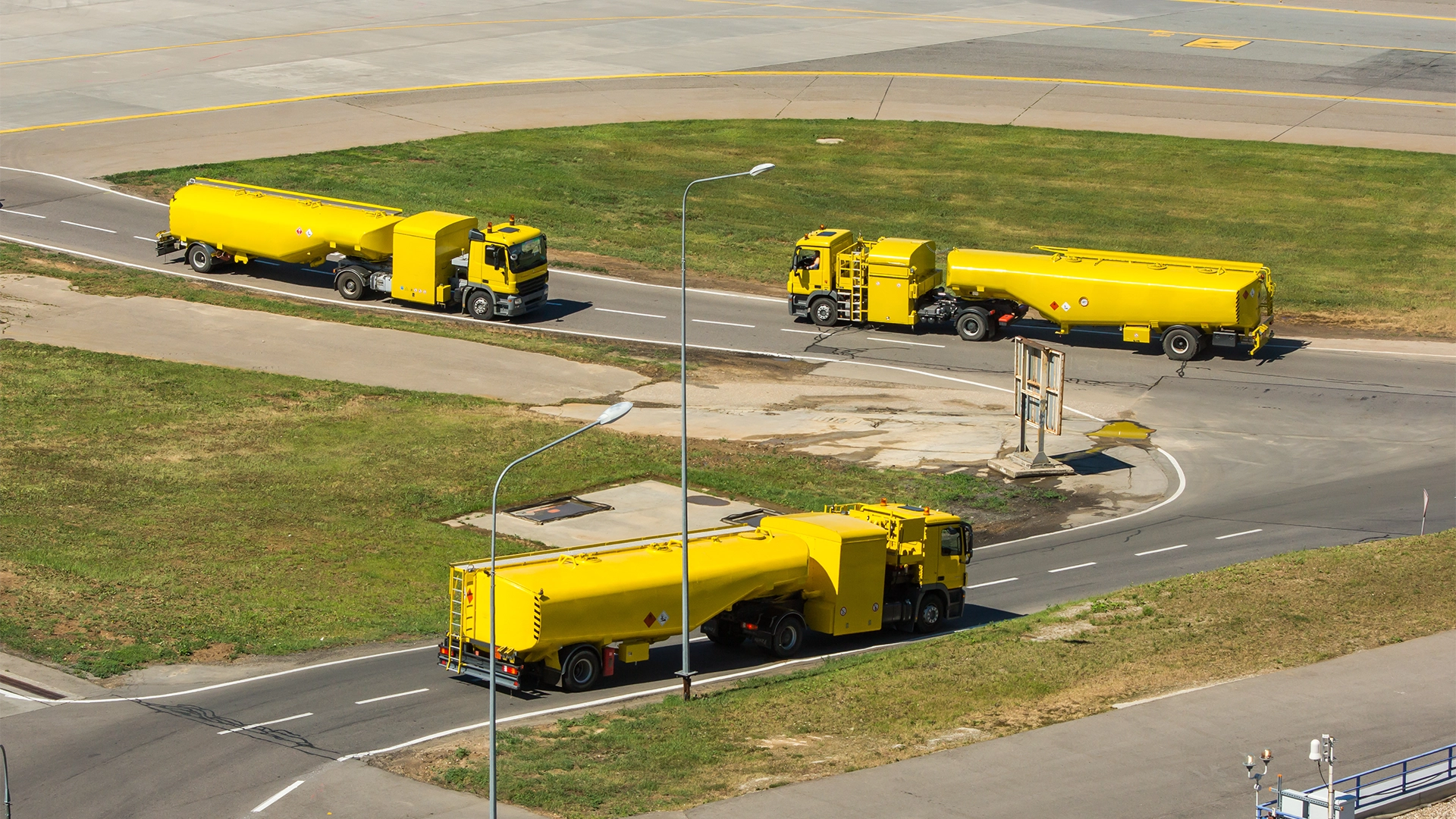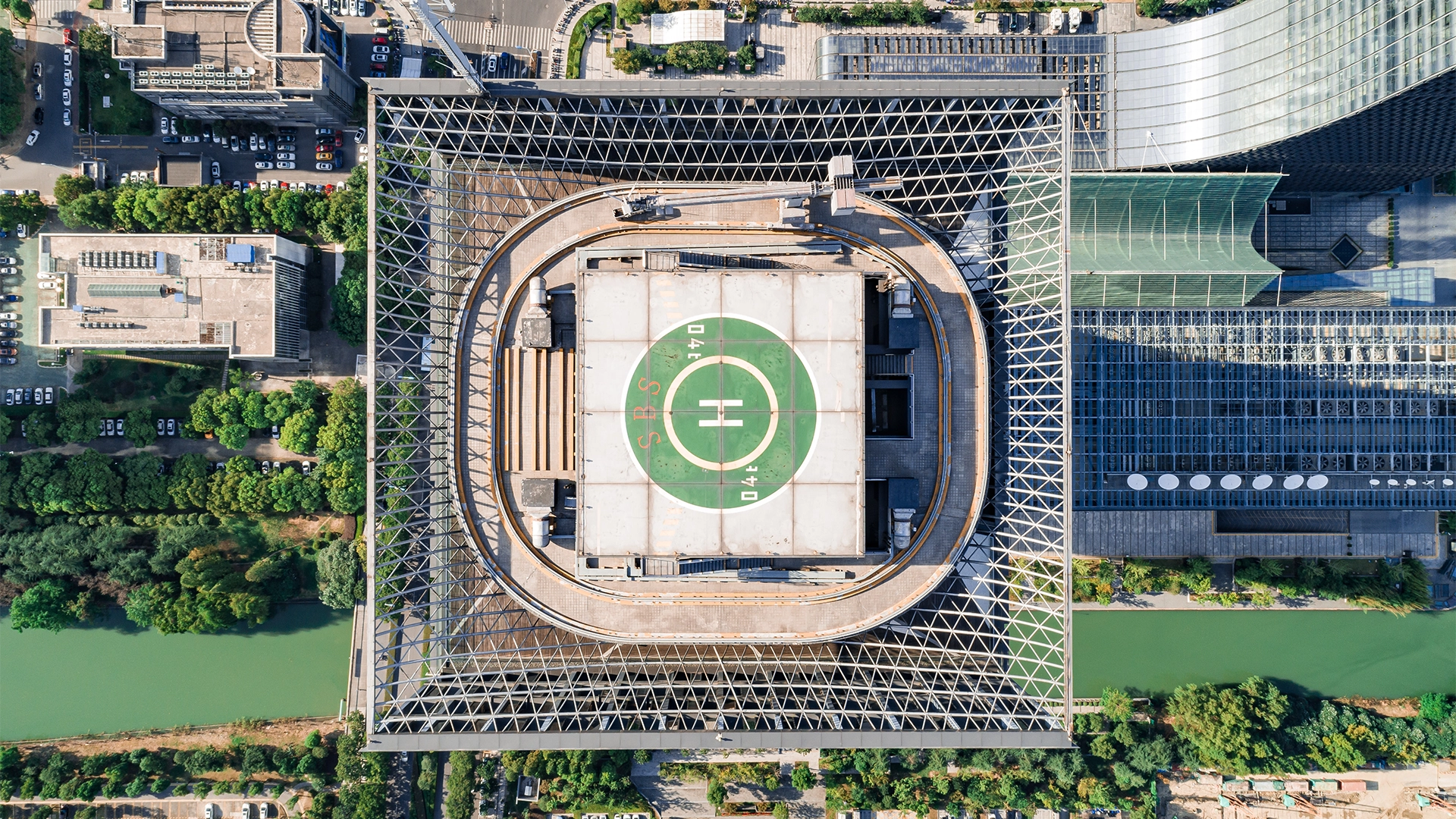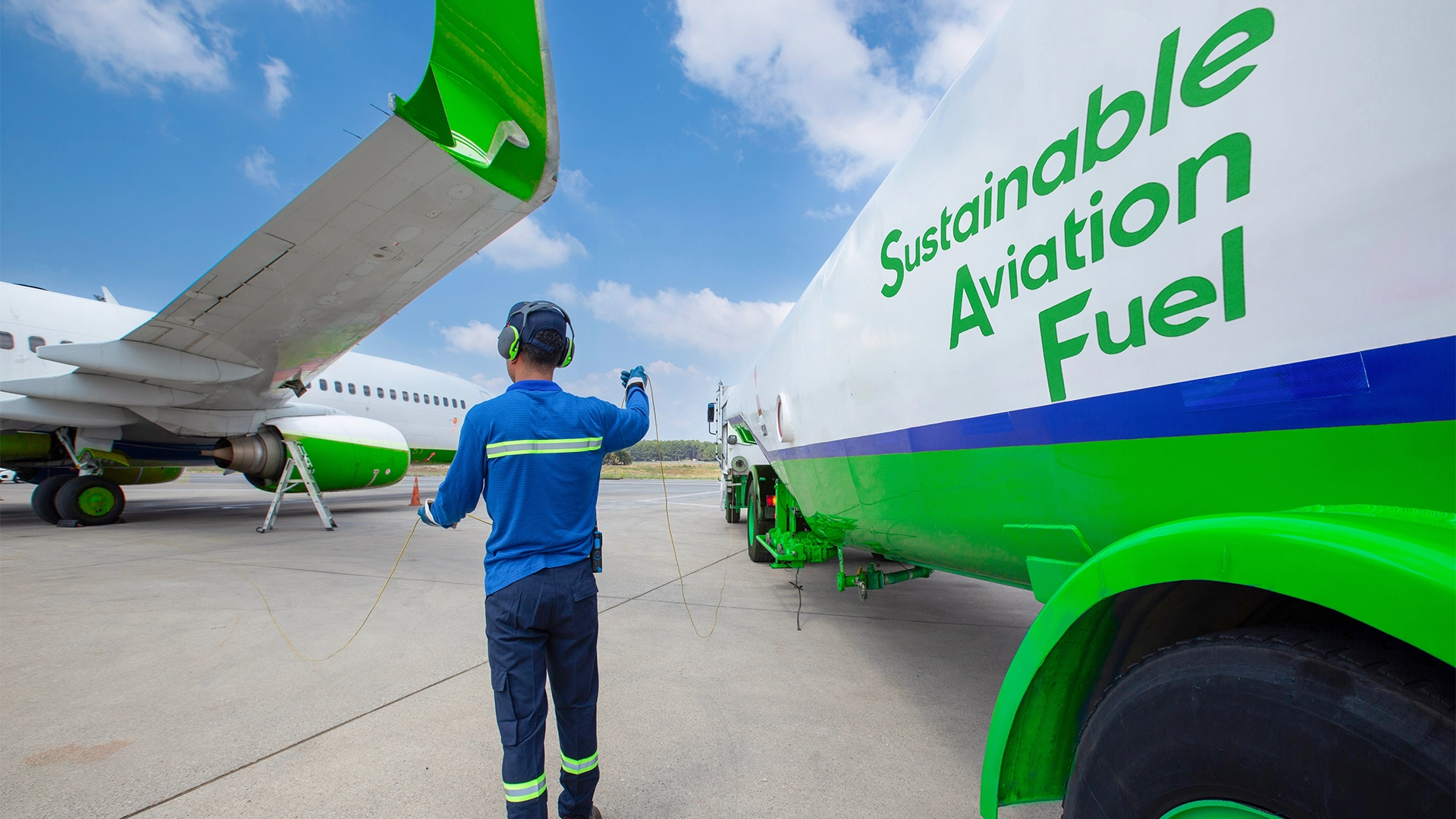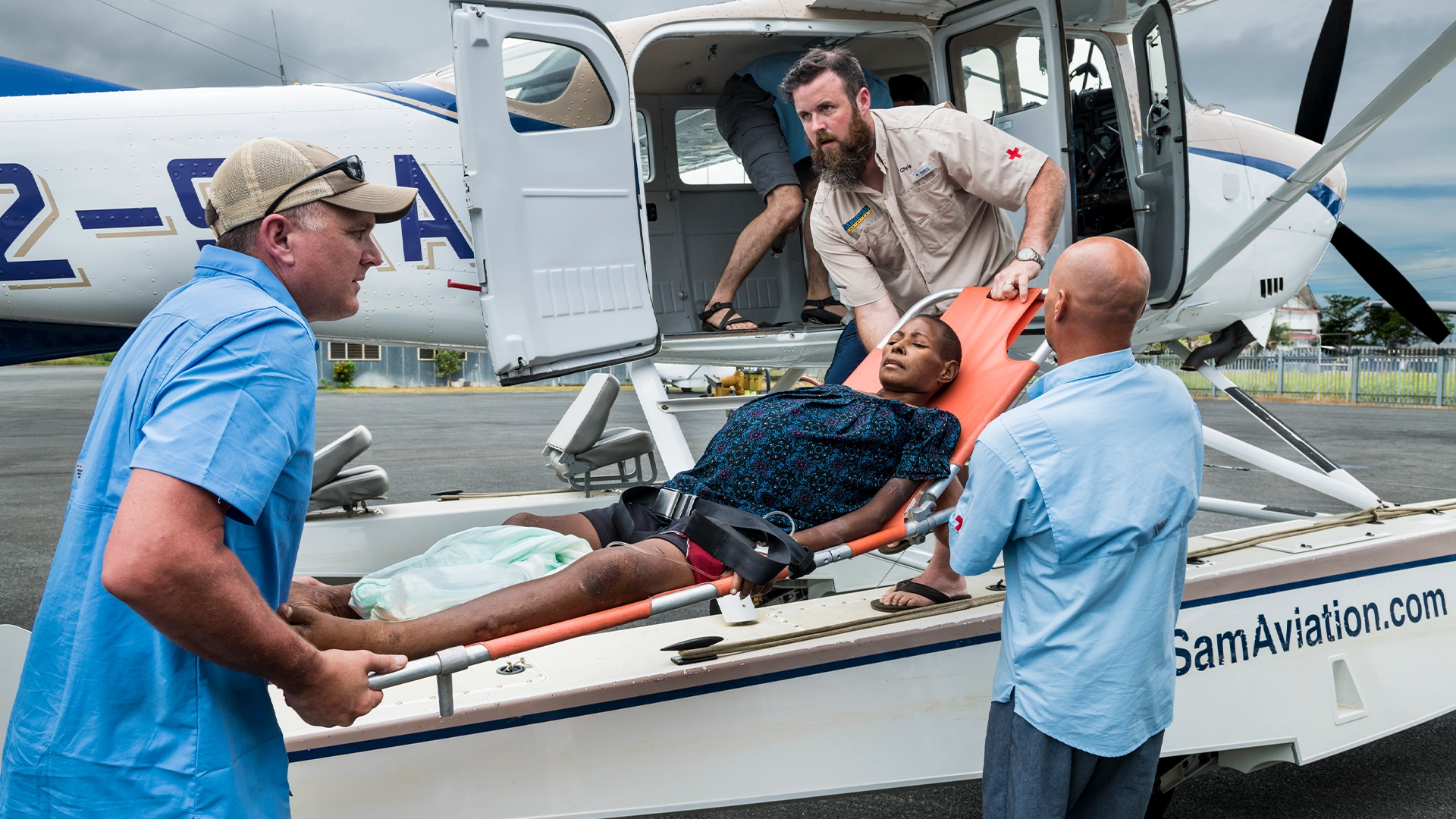
A family background in aviation and missionary work led Mark Palm to co-found Samaritan Aviation in 2000, providing a critical airbridge for the East Sepik Province of Papua New Guinea, and demonstrating the vital role general aviation plays in humanitarian efforts around the globe.
“I started flying at 19, which was also the same year I first visited the country,” said Palm, who serves as the organization’s CEO. “I saw the clear need for help, so I returned home with the goal of getting my flight ratings so I could go back and serve the people over there.”
Today, Samaritan operates three Cessna 206 amphibious aircraft in-country, with a fourth due to join the fleet next year. The organization has flown more than 3,400 medevac flights and delivered over 280,000 pounds of critical medical supplies to remote northern regions separated from the capital and southern coastal communities by New Guinea’s central mountain ranges.
“The country lacks infrastructure,” Palm said. “The Sepik River is 700 miles long. There are no bridges, and even once you’re past the river you’re in swamps for hundreds of miles. And then it goes right into the mountains.”
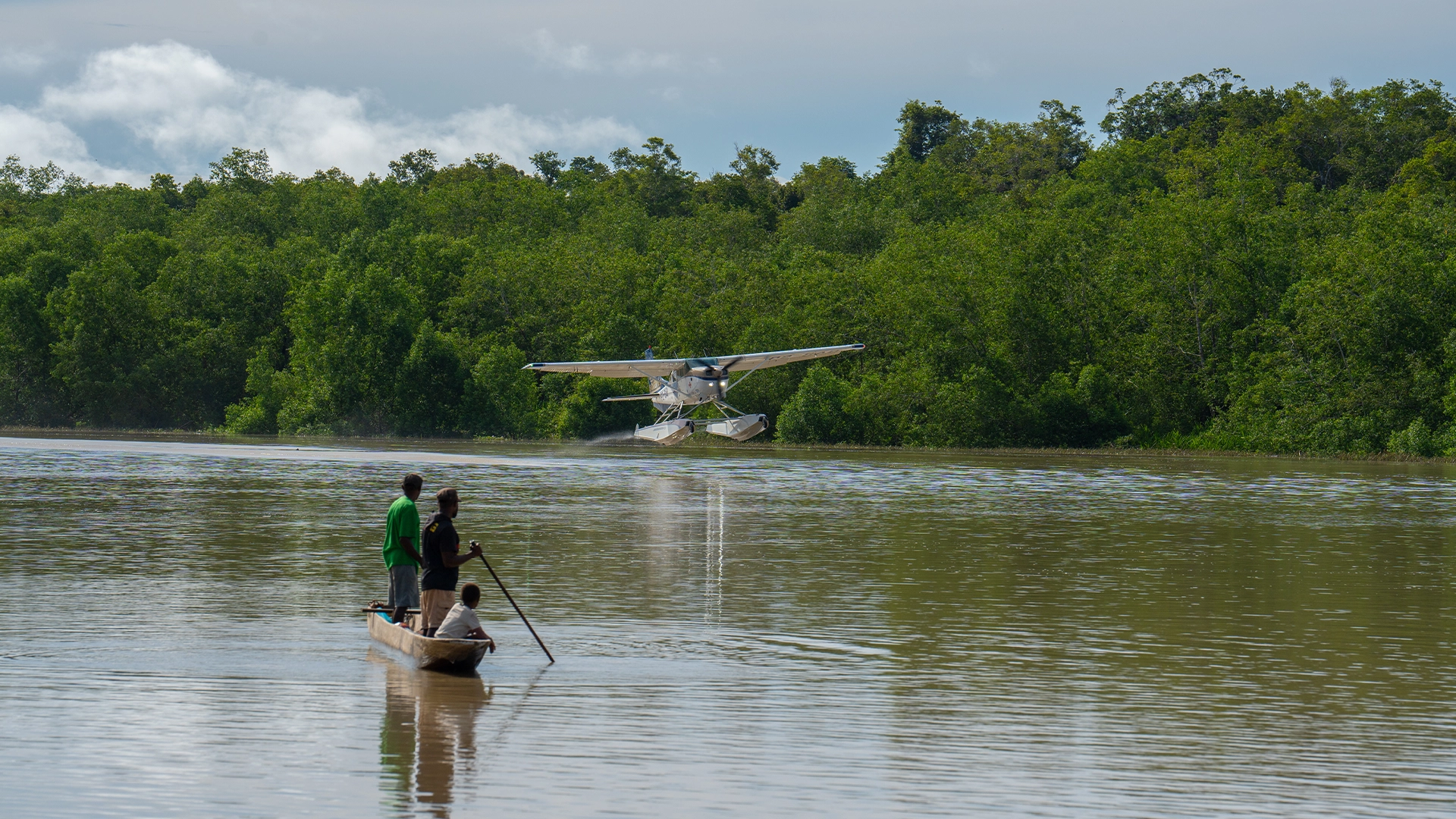
Flights also transport medications for the East Sepik population of more than half a million people. “A lot of that is anti-malarial meds and antibiotics,” Palm said. “Ninety-eight percent of the population on the river has malaria, and tuberculosis is also a big issue right now.
“We also see a lot of pregnancy complications,” he continued. “The villages can offer some basic care, but when someone needs to get to the hospital, we’re the difference between a one-hour flight to the hospital or a three-day trip by canoe and on foot.”
Samaritan’s relief missions initially began with Palm, his wife Kristen and their three children. “We went over to Port Moresby in 2010, and I put the first plane back together with a bag of tools before flying it 500 miles to where we work today,” he said “My wife drove the ambulance and gave me the weather reports. It was amazing for us as a family to serve the people together.”
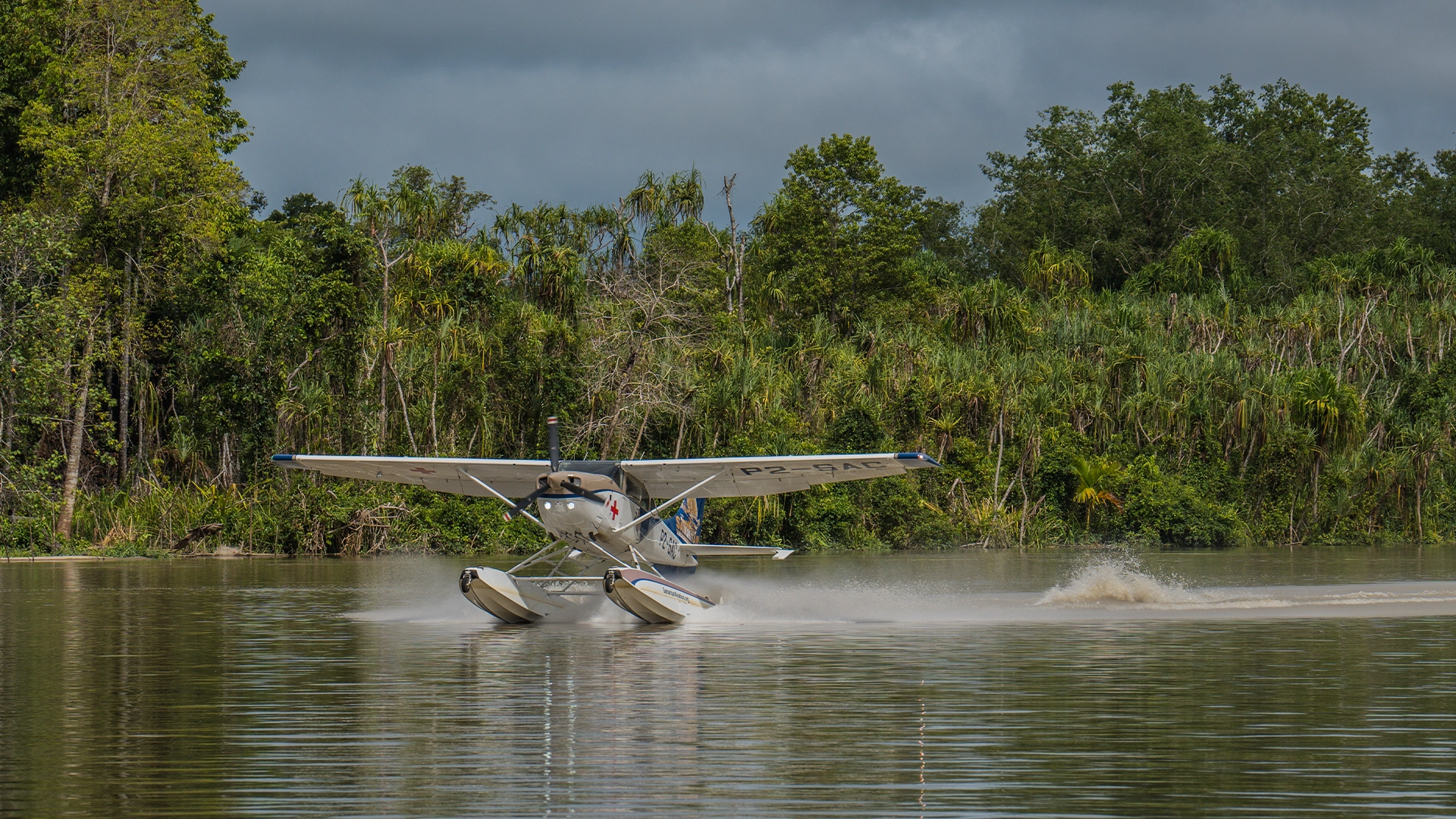
Today, Samaritan has 20 staff in Papua New Guinea, including flight nurses, pilots and mechanics, with more than a half-dozen other families stateside who donate their time on missions to the area. The organization receives funding from Papua New Guinea’s government, but most of its support comes from private donations from U.S. donors, be they financial or in time and equipment.
“We’ve had several organizations step up with parts and maintenance,” Palm added. “One of the greatest impacts someone can make on even a short trip to New Guinea is as a mechanic. We definitely want to talk with you if you’re an aircraft mechanic, or if you have an aircraft maintenance business.
“Send us some of your staff,” he concluded. “They’ll receive a life-changing experience in helping people on the other side of the world and using their skills to help save lives. There’s nothing better than that.”


